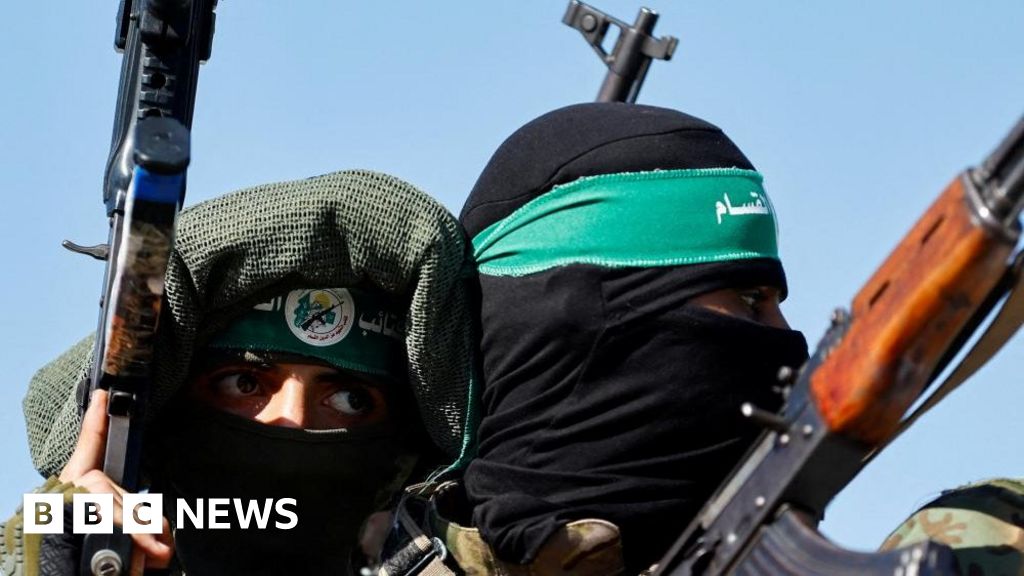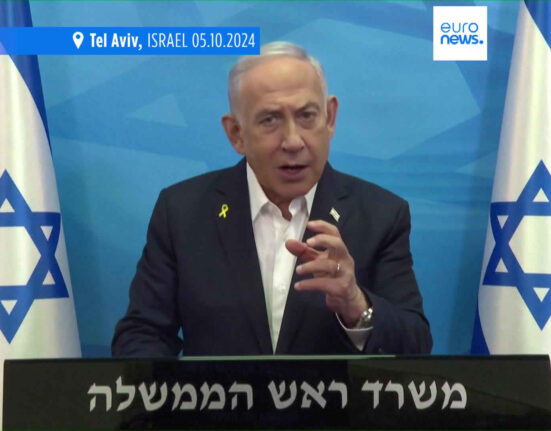Hamas, the Palestinian militant group, has made a significant announcement regarding ceasefire negotiations in the war-torn region of Gaza. In a statement released late Friday, Hamas expressed its willingness to engage in talks promptly. The group stated,
“We are seriously ready to enter immediately into a round of negotiations.”
The proposed ceasefire, brokered by the United States, aims to bring an end to the ongoing conflict between Hamas and Israel that has had devastating consequences for Gaza since October 2023. This potential truce could not only alleviate the suffering of civilians but also ease tensions in the wider Middle East region.
Following Hamas’s positive response to the U.S.-brokered proposal for a 60-day ceasefire, attention now turns towards whether all parties involved will agree on the terms laid out. President Donald Trump hinted at progress when he mentioned that a ceasefire deal could be reached as early as next week.
Israeli Prime Minister Benjamin Netanyahu is scheduled to meet with Trump in Washington on Monday to discuss the specifics of the proposed ceasefire agreement. However, uncertainties loom over Hamas’s acceptance of these terms as they have not yet confirmed their stance publicly.
According to media reports circulating about the undisclosed terms of the deal, it may involve exchanging Israeli hostages held by Hamas – both living individuals and deceased bodies – for Palestinian prisoners currently detained by Israel. Additionally, provisions may include facilitating immediate humanitarian aid shipments through international organizations like the United Nations and Red Cross directly into Gaza.
Despite approaching peace talks, Israel has continued its military operations in Gaza, intensifying airstrikes and issuing evacuation orders for residents residing near Gaza City’s outskirts. The situation remains fluid as stakeholders navigate delicate negotiations amidst heightened military activities.
As experts analyze this development, many emphasize the importance of such dialogues in achieving sustainable peace and stability in conflict-ridden regions like Gaza. The significance of all parties demonstrating genuine commitment and engaging constructively cannot be overstated during these critical moments.
In conclusion, while prospects for a ceasefire offer glimmers of hope for those affected by violence in Gaza, uncertainties persist regarding key details and ultimate acceptance from all sides involved. As discussions unfold over potential terms and conditions, global attention remains focused on fostering lasting peace and alleviating humanitarian crises plaguing this troubled region.









Leave feedback about this